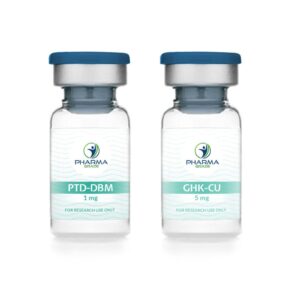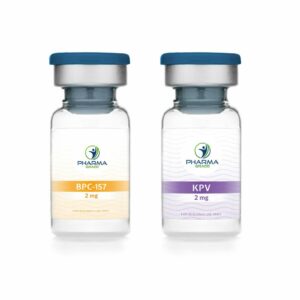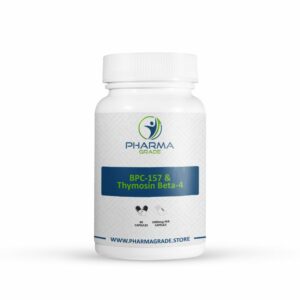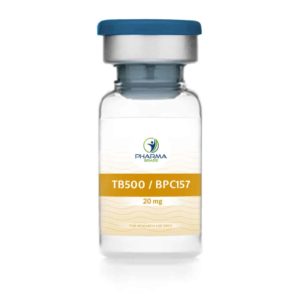Sarms For Weight Loss
Sarms For Weight Loss Is your goal to shed bodyweight fast? To look in the mirror and see a well-defined, big muscle or lose that excess fat? – Your first line of action may be
For anyone immersed in the healthcare profession, or those dedicated to a fitness and wellness lifestyle, the importance of maintaining optimal joint health cannot be overstressed. Cracking and aching joints are not only discomforting but can lead to serious mobility issues and a reduction in quality of life. Peptide supplements, which have been on the rise in both medical and wellness circles, offer promising benefits for those suffering from joint discomfort. This blog post will explore the efficacy and potentials of specific peptides like BPC-157, TB500, and GHK-Cu in supporting joint health.
Peptides are short chains of amino acids, the building blocks of proteins, which can target specific areas of the body to promote healing and regeneration. For joints, which are complex structures involving cartilage, synovial fluid, ligaments, tendons, and bones, peptides can be particularly useful. They work at a cellular level to reduce inflammation, encourage healing, and potentially restore joint health.
For healthcare professionals exploring treatment options or fitness and wellness enthusiasts seeking prevention or relief from joint discomfort, peptides may present a viable option in the future.
Many peptide supplements are not yet approved by the FDA so it is essential you consult with a medical professional. A balanced diet rich in anti-inflammatory foods, regular exercise tailored to avoid undue stress on joints, and lifestyle modifications to limit joint strain all contribute to overall better joint health.
The quest for relief from the cracking and aching of distressed joints may very well benefit from the regenerative power of peptide supplements such as BPC-157, TB500, and GHK-Cu in the future. These peptides, alongside evidence-based health practices, could offer a harmonious blend of science and wellness for the pursuit of optimal joint health.
[1] Pentadecapeptide BPC 157 and the central nervous system, Neural Regen Res. 2022 Mar; 17(3): 482–487. Jakša Vukojević, Marija Milavić, et al.
[2] Regenerative and Protective Actions of the GHK-Cu Peptide in the Light of the New Gene Data, Int J Mol Sci. 2018 Jul; 19(7): 1987. by Loren Pickart and Anna Margolina
ALL PRODUCT INFORMATION AND ARTICLES ON THIS SITE ARE FOR EDUCATIONAL PURPOSES ONLY
DISCLAIMER: All products sold by PharmaGrade.Store are for research and laboratory use only. These products are not designed for use or consumption by humans or animals. They are not to be classified as a drug, food, cosmetic, or medicinal product and must not be mislabelled or used as such. By purchasing from our Website the buyer accepts and acknowledges the risks involved with handling of these products. All articles and product information provided on this Website are for informational and educational purposes only. Handling and use of these products should be restricted to suitably qualified professionals

NEW

NEW

NEW

SALE
Sarms For Weight Loss Is your goal to shed bodyweight fast? To look in the mirror and see a well-defined, big muscle or lose that excess fat? – Your first line of action may be
Peptides Weight Loss Losing weight can be challenging, especially if you have tried several diets and exercise routines without seeing significant results. However, recent advances in medical research have led to the discovery of peptides
Aging is a natural process that affects all living beings. However, in today’s society, the desire to look young and vibrant has become more important than ever. Many people spend significant amounts of money
Sarms For Cognition & Memory Cognition and memory are two essential aspects of our daily lives that we rely on heavily. Whether it’s studying for an exam, memorizing a presentation, or recalling important information at
ALL PRODUCTS AVAILABLE ON THIS WEBSITE ARE FOR RESEARCH PURPOSES ONLY.
DISCLAIMER: All products on this site are exclusively for research and laboratory purposes only. The products on this site are not intended for use in humans or animals, nor are they designed to diagnose, treat, cure or prevent any illness. All information and content provided on our website are purely for educational purposes. All products are to be handled by suitably qualified and properly trained research professionals only.
